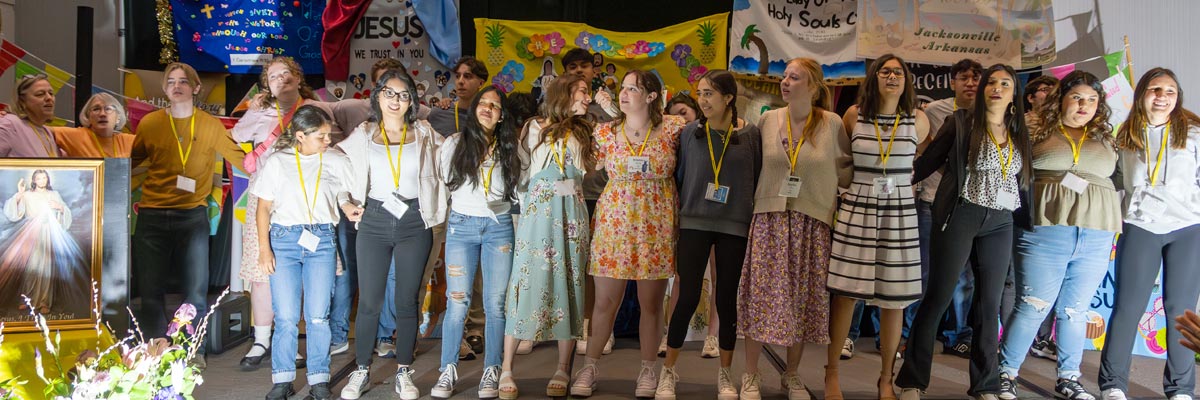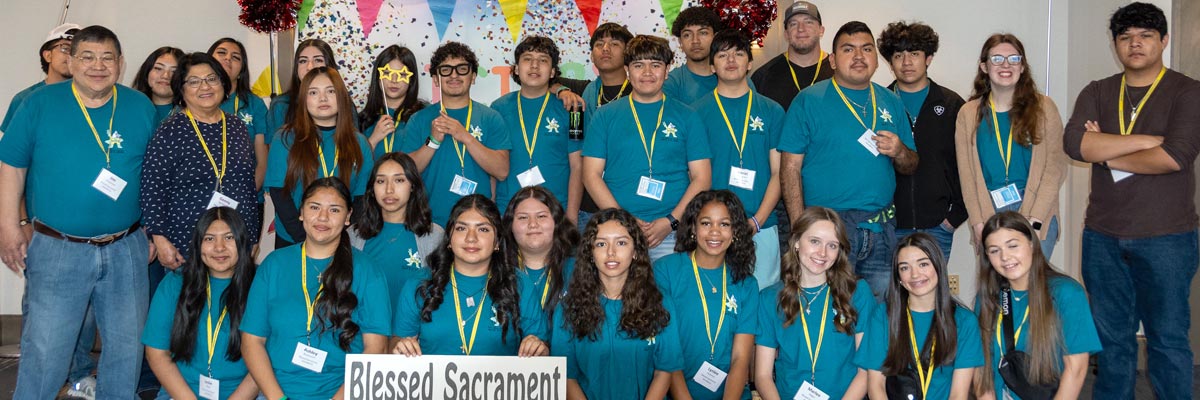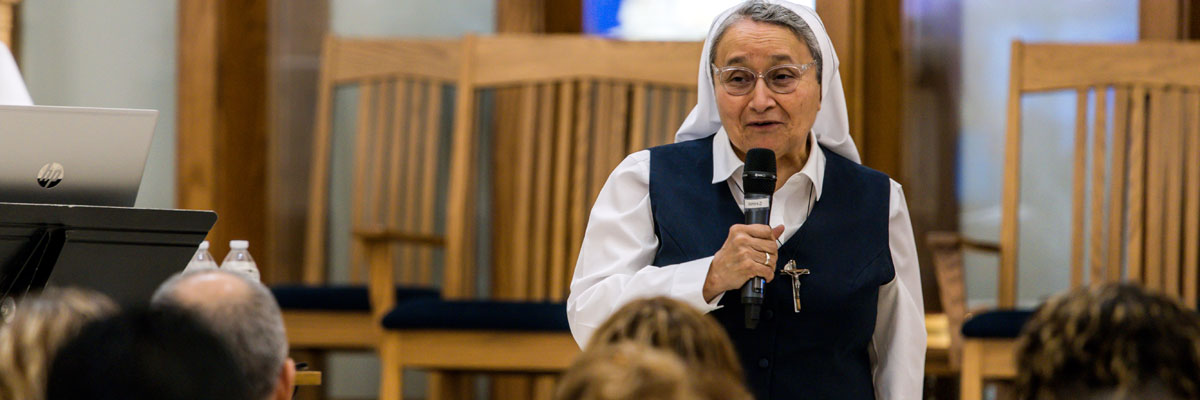Official Website of the
Catholic Diocese of Little Rock
Solemnity of our Lord Jesus Christ the King 2015
Published: November 22, 2015
Bishop Anthony B. Taylor preached the following homily during the confirmation Mass at St. Joseph Church in Fayetteville on Saturday, Nov. 21, 2015 and for the Catholic Campus Ministry Mass at the University of Central Arkansas in Conway on Sunday, Nov. 22, 2015.

Bishop Taylor
One of the things we do to make sense of complex realities is to use labels; for instance we say Democrats are liberal and Republicans conservative. The problem is that labels inevitably distort the truth.
Conservative means wanting to conserve the status quo, but the Republicans have lots of things they want to change. And liberal means generous but the Democrats’ pro-abortion position is very ungenerous. Alternate labels would be to call Republicans capitalists because they favor big business and Democrats secularists because they oppose giving moral values the force of law.
But again our labels distort because both parties are capitalist and secularist: They simply promote distinct versions of the same secular capitalism that characterizes our entire consumer society, and which is the basis of a global economy that Pope Francis has so accurately denounced as often "guided only by ambition for wealth and power" that harms the weak and the planet.
Earthly governments come and go, but the
And for that reason he has called upon world leaders to set aside partisan and ideological interests in the name of "a higher degree of wisdom." Our two American political parties are similar to each other because both belong to the kingdom of this world and so both promote policies that are the opposite of what Jesus taught and the Church proclaims.
Throughout the Gospels, Jesus proclaims the values of the
Earthly governments come and go, but the
It is in the world: Jesus "came into the world to testify to the truth," but it is not of the world. It is already established. Our second reading from the Book of Revelation says, Jesus "has freed us from our sins by his blood" … and "made us into a kingdom."
But it will be fully manifest only on the day of his second coming "amid the clouds in glory" when "every eye will see him." On that day, in Daniel’s words, "all peoples, nations and languages will serve him in an everlasting dominion, a kingship that shall never be destroyed."
You and I were incorporated into this heavenly kingdom on the day of our baptism when we were freed from the power of the kingdom of this world, from the power of sin and death and given a provisional a share in the
But that kingdom will fully manifest in us only if we give ourselves fully to doing God’s will, building his kingdom here and now in the measure that we can. If not, we will lose our place, which is still provisional, in his kingdom … remember Judas?









